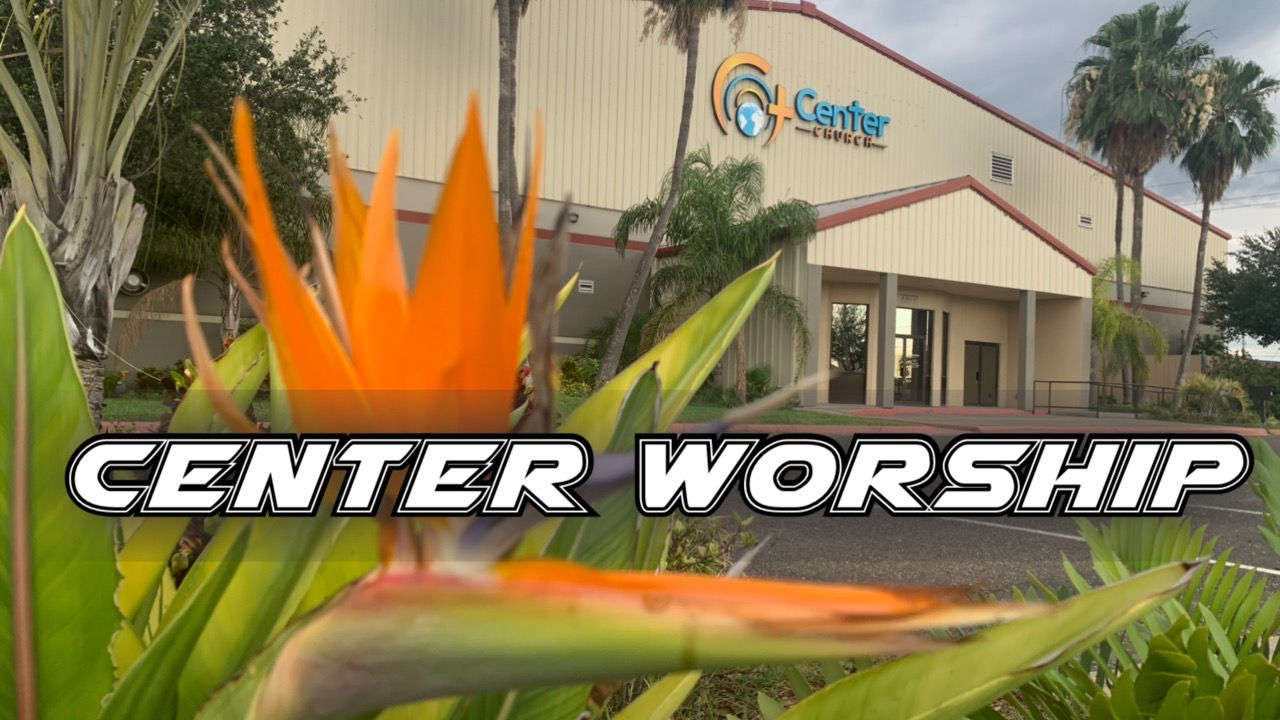Mastering the Art of Kingdom Impact and Discipleship
- Pastor Clark

- Mar 28, 2025
- 4 min read
Introduction
In the ever-evolving landscape of ministry, the mission to fulfill the Great Commission remains timeless and unchanging. This manual is a culmination of 40 years of dedicated service in building churches, creating evangelistic teams, launching impactful broadcasts, and establishing online ministries. Whether you’re a seasoned leader or just beginning your journey, this guide provides time-honored strategies and innovative methods to expand the Kingdom of God and nurture discipleship.
Foundational Scriptures
Matthew 28:19-20: “Go therefore and make disciples of all nations, baptizing them in the name of the Father and of the Son and of the Holy Spirit, teaching them to observe all that I have commanded you. And behold, I am with you always, to the end of the age.”
Acts 2:40-47: This passage reveals the heart of early church growth—fellowship, breaking of bread, prayers, and a unified community.
Acts 4:32-37: A model of generosity and unity within the body of Christ, establishing the ministry’s heart of shared resources and unwavering commitment.
Part 1: Establishing the Foundation
Building Your Ministry’s Core Vision
Define Your Mission: Clearly articulate your ministry’s purpose. Align it with biblical principles and the unique needs of your community.
Equip with Scripture: Base your teachings on the Word of God, emphasizing Matthew 28:19-20 and Acts 2:40-47.
Foster Unity: Cultivate a spirit of Acts 4:32-37 among your team and congregation.
Developing an Evangelistic Team
Recruit with Intention: Seek individuals who demonstrate spiritual maturity and a heart for service.
Train with Excellence: Offer workshops, mentorship programs, and role-specific training sessions.
Empower Through Delegation: Assign roles that allow members to operate within their spiritual gifts.
Part 2: Expanding Through Media and Technology
Harnessing Television and Radio Broadcasts
Create Compelling Content: Address relevant topics and integrate biblical truths.
Build a Broadcast Network: Partner with local and national stations to extend your reach.
Measure Impact: Use viewer feedback and analytics to refine your approach.
Launching Online Ministries
Establish a Digital Presence: Create an engaging website and utilize social media platforms.
Offer Online Discipleship: Provide virtual Bible studies, webinars, and prayer meetings.
Leverage Analytics: Track engagement metrics to understand and meet your audience’s needs.
Part 3: Multiplying Impact Through Discipleship
Implementing Effective Discipleship Programs
Teach Foundational Doctrines: Equip believers with a deep understanding of scripture.
Model Christ-Like Living: Encourage mentors to lead by example.
Celebrate Growth: Recognize milestones in the spiritual journeys of individuals.
Fostering Community
Small Groups: Create opportunities for intimate fellowship and accountability.
Service Opportunities: Encourage members to live out their faith through acts of service.
Corporate Worship: Prioritize collective praise and prayer to unify the body of Christ.
Part 4: Using Social Media to Build Community and Teams
The Power of Social Media in Ministry
Social media is a modern-day marketplace where relationships are built and messages are shared. By leveraging these platforms, you can connect with friends, family, and your broader community to foster team-building and outreach.
Practical Steps to Expand Your Reach
Create a Ministry Profile:
Choose platforms like Facebook, Instagram, TikTok, and X (formerly Twitter) to share your ministry’s mission.
Use a consistent name and handle to make it easy for people to find and follow you.
Post Regularly:
Share daily scripture, inspirational messages, and updates about your ministry.
Include engaging visuals, such as photos and videos, to capture attention.
Engage with Your Audience:
Respond to comments and messages promptly.
Encourage followers to share their prayer requests and testimonies.
Host Online Events:
Use platforms like Facebook Live, Instagram Live, or YouTube to conduct virtual Bible studies and Q&A sessions.
Promote these events in advance to maximize attendance.
Building Teams Through Social Media
Identify Potential Leaders:
Look for individuals who actively engage with your posts and show a passion for ministry.
Reach out personally to invite them to join your team.
Form Private Groups:
Create Facebook or WhatsApp groups to communicate with your ministry team.
Use these groups to share resources, plan events, and pray together.
Promote Local Initiatives:
Share posts about community service projects, outreach events, and worship gatherings.
Encourage followers to invite their friends and family.
Measuring Impact
Track Engagement Metrics:
Monitor likes, shares, comments, and follower growth to gauge the effectiveness of your efforts.
Ask for Feedback:
Use polls and surveys to learn what content resonates most with your audience.
Celebrate Success Stories:
Share testimonies of how social media has impacted lives and brought people closer to Christ.
Staying True to Your Mission
Always ensure that your social media efforts align with your ministry’s vision and values. Remember, the ultimate goal is to glorify God and expand His Kingdom by reaching and discipling others.
Conclusion
By mastering these strategies and staying rooted in scripture, you can build a ministry that not only impacts lives but also fosters a culture of discipleship that endures for generations. Let this guide inspire and equip you to fulfill the Great Commission with unwavering passion and excellence.










Comments